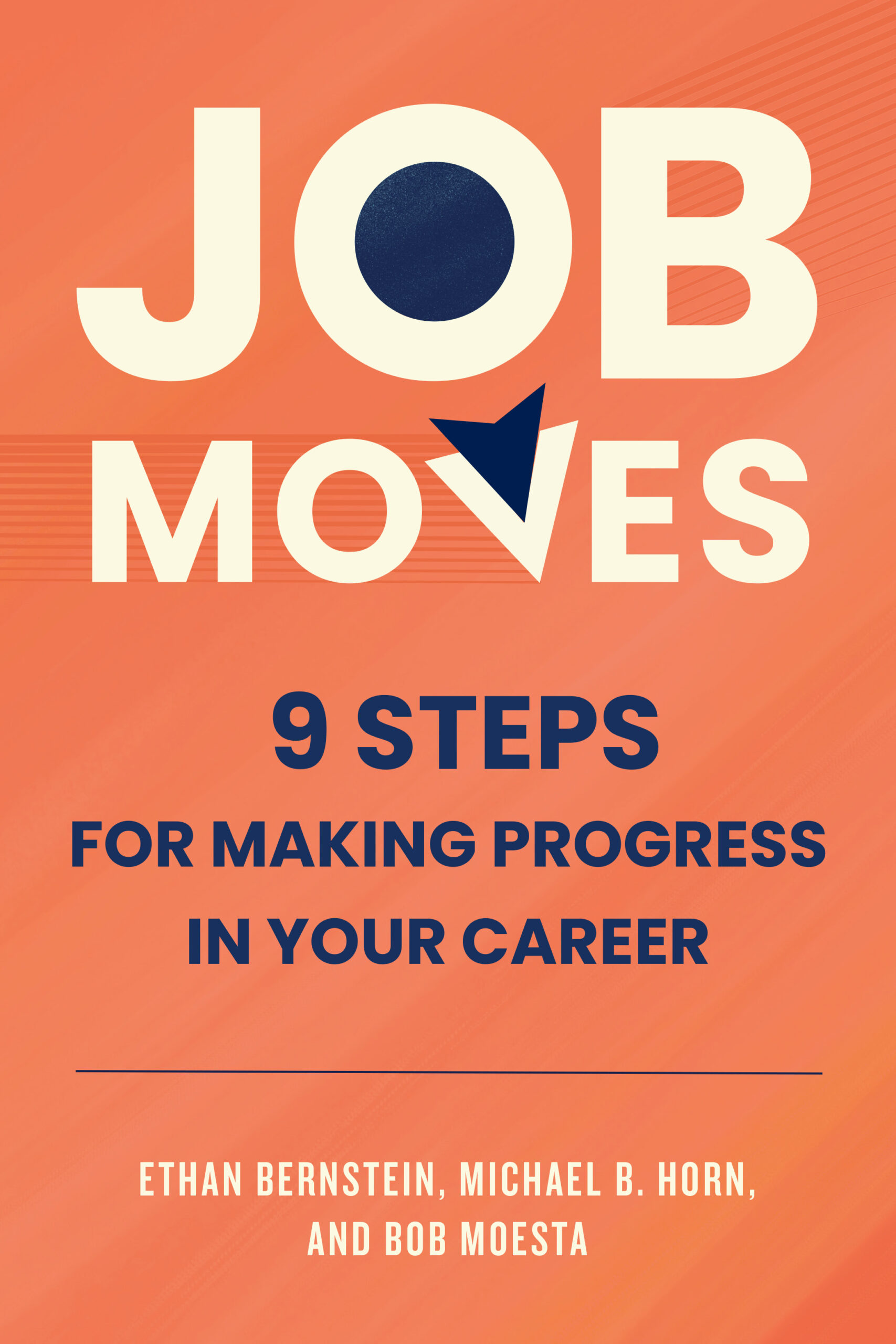
Students Pay a Growing Price for Landing a Job Outside Their College Major
By Sarah D. Sparks
Students who don’t end up in jobs after college that match their field of study earn less in the long term, but better guidance in high school can help them avoid this mismatch.
The pay gap between college-educated workers in and out of their fields of study widened by more than half between 1993 and 2019, according to a new University of Kansas study. This may undercut the benefits of a college degree for students who ended up in jobs outside their majors.
The findings come as students, parents, and policymakers debate the role of college in students’ career choices. National Student Clearinghouse data show 8 percent fewer students entered college after high school in 2022 than in 2019, and 40.4 million college-going students left college without earning a credential in 2021, 1.4 million more than in 2020.
“Too many students go to college not knowing what they want to get out of it or how to make it work for them,” wrote Michael B. Horn and Bob Moesta, co-authors of the 2019 book Choosing College: How to Make Better Learning Decisions Throughout Your Life, in an essay for Education Week. “Committing to a four-year school and taking on lots of debt when they lack passion and focus for the endeavor is risky.”

0 comments